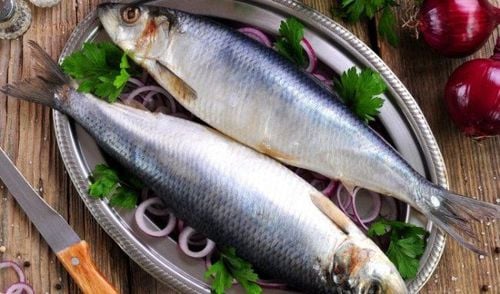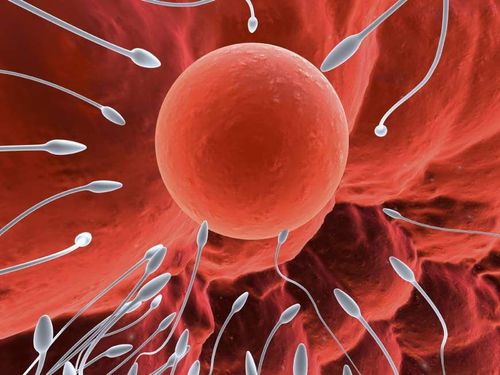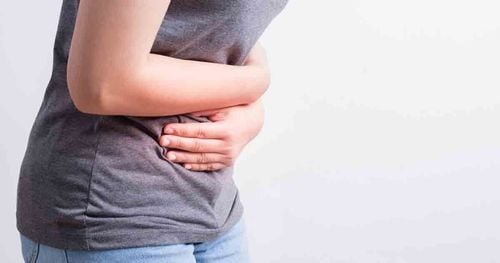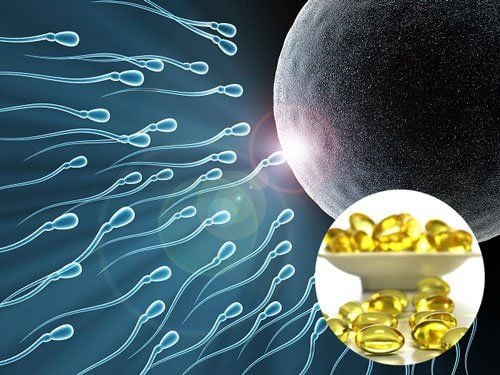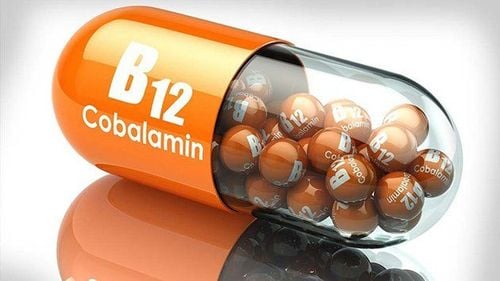Endurance can mean many things, but in the context of sex, it often refers to how long you can last during sexual activity. For men, the average duration is two to five minutes, while for women, it’s slightly longer, around 20 minutes. If you're dissatisfied with your performance or stamina, there are specific vitamins and nutrients you can try to boost endurance and improve sexual performance. Read on to learn more.
1. Boosting Sexual Endurance
1.1. Masturbation to Build Stamina
Masturbation can help increase stamina by relieving built-up sexual tension, thus enabling you to last longer in bed.
For men:
- Experiment using your non-dominant hand.
- Incorporate hip-thrusting exercises for added intensity.
- Explore different masturbation positions.
- Stimulate the penis with one hand and the testicles with the other.
- Stimulate the prostate for deeper orgasms.
For women:
- Combine stimulation of the clitoris, vagina, and anus.
- Use lubricant for enhanced pleasure.
- Explore sensitive areas like the neck, nipples, or thighs.
- Consider using one or two sex toys for added excitement.
- Engage with erotic media or invest in lubricants.
1.2 Nutrients That Support Extended Sexual Activity
For individuals seeking to prolong their sexual endurance, it is essential to ensure adequate intake of the following nutrients:
For Everyone:
Capsaicin: Found in most spicy peppers, capsaicin boosts endurance and accelerates recovery after intercourse, allowing shorter recovery times. Foods rich in capsaicin include:
- Peppers (varieties such as chili and bell)
- Ginger root
Potassium: As a crucial electrolyte, potassium keeps muscles and cells hydrated, supports recovery, and boosts metabolism—key for sustaining endurance. Foods rich in potassium include:
- Bananas
- Melons
- Spinach
- Broccoli
- White potatoes
- Tomatoes
- Carrots
- Low-fat milk or yogurt
- Quinoa
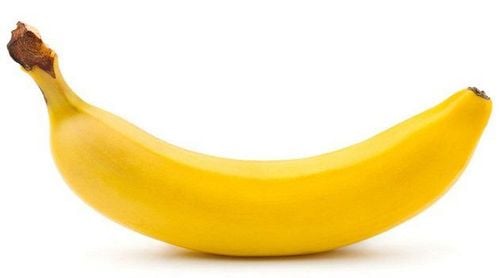
Complex Carbohydrates: Unlike simple carbs (found in pasta and bread) that deplete endurance, complex carbs provide sustained energy. Foods rich in complex carbs include:
- Oatmea
- Sweet potatoes
- Whole-grain bread
- Brown rice
- Quinoa, barley, bulgur, and other whole grains
- Corn
- Peas and dry beans
Protein: Protein takes longer to digest than carbs, offering long-lasting energy. Foods rich in protein include:
- Nuts
- Tofu
- Eggs
- Lean red meats, poultry, and fish
- Yogurt, cheese, and milk
- Omega-3 Fatty Acids:
These essential fatty acids help balance sex hormones, enhancing libido and endurance. Foods rich in omega-3 include:
- Flaxseeds, chia seeds, and hemp seeds
- Kale and spinach
- Walnuts
- Mussels
- Tuna and other oily fish
Nutrients Specifically for Men:
L-Citrulline: Studies show this natural amino acid boosts strength and endurance in men, aiding in maintaining erections. Foods rich in L-citrulline include:
- Watermelon
- Onions and garlic
- Beans and nuts
- Salmon and red meat
- Dark chocolate
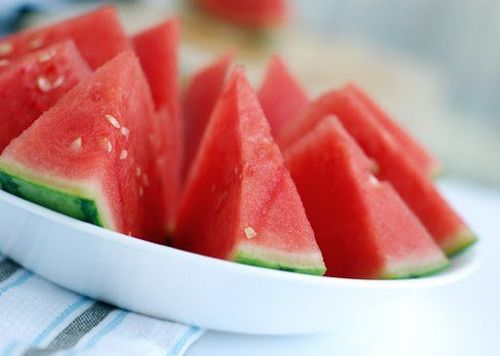
L-Arginine: The body converts L-citrulline into L-arginine, another amino acid that improves blood flow and protein synthesis. Foods rich in L-arginine include:
- Red meat, fish, and poultry
- Soybeans
- Whole grains
- Beans
- Milk, yogurt, and dairy products
Nitrates: Nitrates enhance muscle oxygen use, improving performance in sexual and other activities. Foods rich in nitrates include:
- Arugula, Swiss chard, and leafy greens
- Beets and beet juice
- Rhubarb
- Carrots
- Eggplant
- Celery
Magnesium: This essential nutrient supports everything from energy to brain function. Low magnesium levels reduce endurance. Foods rich in magnesium include:
- Whole wheat
- Kale, spinach, and dark leafy greens
- Quinoa
- Almonds, cashews, and peanuts
- Black beans
- Edamame
Nutrients Specifically for Women:
Folic Acid: Folic acid promotes cell growth and renewal, combating fatigue and boosting endurance. Foods rich in folic acid include:
- Avocado
- Lentils
- Dry beans, peas, and seeds
- Broccoli, spinach, asparagus, and other dark green vegetables
- Citrus fruits
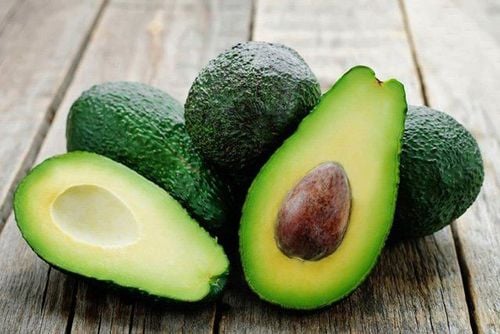
Calcium: Essential for strong bones, calcium ensures normal cellular function and energy maintenance in women. Foods rich in calcium include:
- Skimmed milk
- Cheese
- Low-fat yogurt
- Salmon, sardines, and other fish with edible bones
- Iron: Vital for maintaining energy and a healthy metabolism, iron builds and sustains endurance. Foods rich in iron include:
- Red meat, poultry, and fish
- Whole grains
- Broccoli, spinach, and other leafy greens
- Lentils and beans
2. Vitamins good for sexual activity
In addition to the nutrients mentioned above, one of the important reasons we cannot prolong sexual intercourse comes from the deficiency of certain vitamins.
2.1. Vitamin D
A study conducted on 3,400 participants by Farag in 2016 showed that men deficient in vitamin D had a 32% higher risk of erectile dysfunction compared to others, when all other risk factors were controlled.
Low vitamin D levels are quite common. According to the Institute of Medicine (Looker, 2011), between 2001-2006, one-third of the U.S. population did not have enough vitamin D. Vitamin D deficiency can be identified through some basic blood tests conducted at medical facilities.
According to the Institute of Medicine and the National Institutes of Health, the recommended daily allowance (RDA) of vitamin D is 15 mcg (600 IU) for men and women up to 70 years old. Men and women over 70 should be provided with or supplemented with at least 20 mcg (800 IU) daily. However, the Endocrine Society recommends that vitamin D levels should reach about 37.5–50 mcg (1,500–2,000 IU) daily for better maintenance of vitamin D in the blood.
2.2. Vitamin C
We all know that vitamin C (ascorbic acid) is an essential nutrient, but it can also help improve erectile function and the duration of intercourse in men. The antioxidant boosts nitric oxide (NO) production and prevents its breakdown. Vitamin C promotes blood flow and directly impacts NO production in several processes of the body. The recommended dose of vitamin C is 500 to 1,000 mg daily (according to Harvard Health Publishing, 2019). Foods rich in vitamin C include vegetables like broccoli, Brussels sprouts, and fruits like oranges or strawberries. A cup of Brussels sprouts provides 124% of the daily recommended value of vitamin C for an individual (USDA, 2020), while a cup of orange juice provides up to 206% (USDA, 2020).
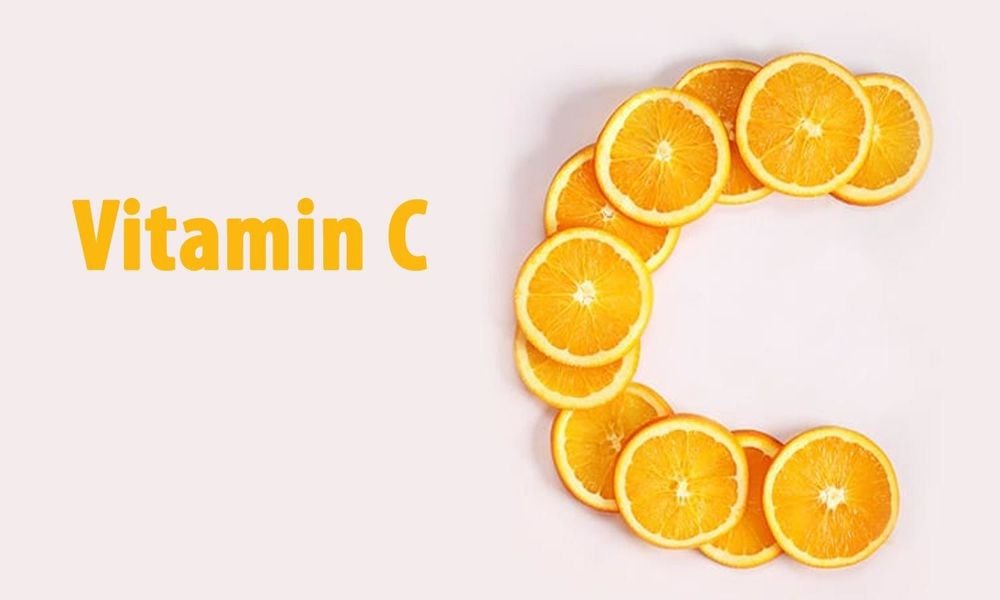
2.3. Vitamin B3 & Vitamin B9
Vitamin B3 (also called niacin) is a supplement commonly used for vascular-related conditions, and niacin supplementation can also help improve the duration of intercourse.
A 2011 study on 160 men with moderate or severe erectile dysfunction divided into two groups—80 men were supplemented with niacin and 80 men were given a placebo. The niacin group showed significantly improved erectile function and intercourse duration compared to the control group. Niacin can be found in foods like turkey, butter, and peanuts. Additionally, we can actively supplement vitamin D from sources other than food.
Folic acid (vitamin B9) is also related to the production of nitric oxide and the erectile response. Some studies show a clear correlation between folate deficiency and erectile dysfunction.
Taking a B-complex supplement can increase vitamin B9 levels in the body, or we can consume more folate-rich foods like spinach, milk and dairy products, and orange juice. Folate deficiency can also be easily identified through simple blood tests.
Sometimes poor endurance in both men and women in sexual matters is completely normal, and we can implement various measures to improve this, such as changing habits, eliminating negative lifestyles, or supplementing with certain nutrients and vitamins. However, if it is a persistent issue accompanied by other symptoms, it may be a sign of a serious medical condition. Therefore, it is advisable to visit specialized medical facilities for examination and timely treatment in cases such as: pain or discomfort during or after intercourse, difficulty ejaculating or reaching orgasm, erectile dysfunction, etc.
Please dial HOTLINE for more information or register for an appointment HERE. Download MyVinmec app to make appointments faster and to manage your bookings easily.
Reference sources: healthline.com, getroman.com




